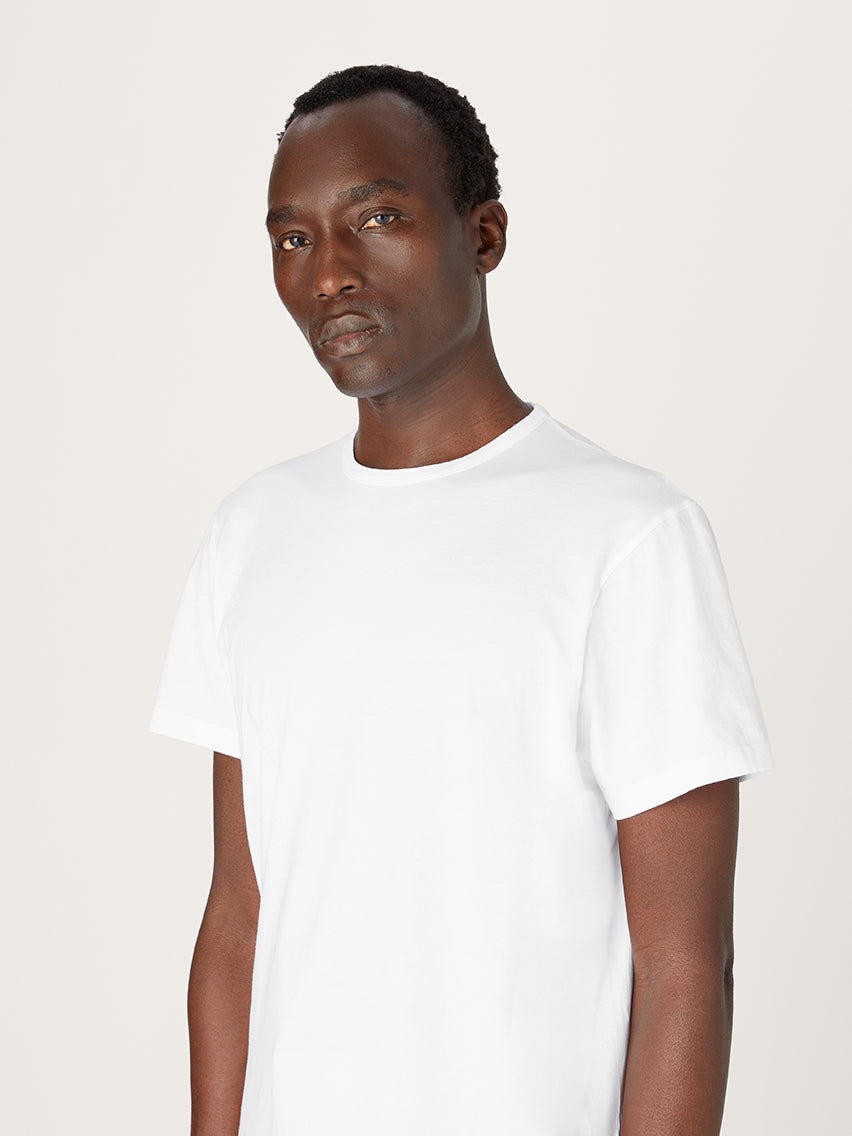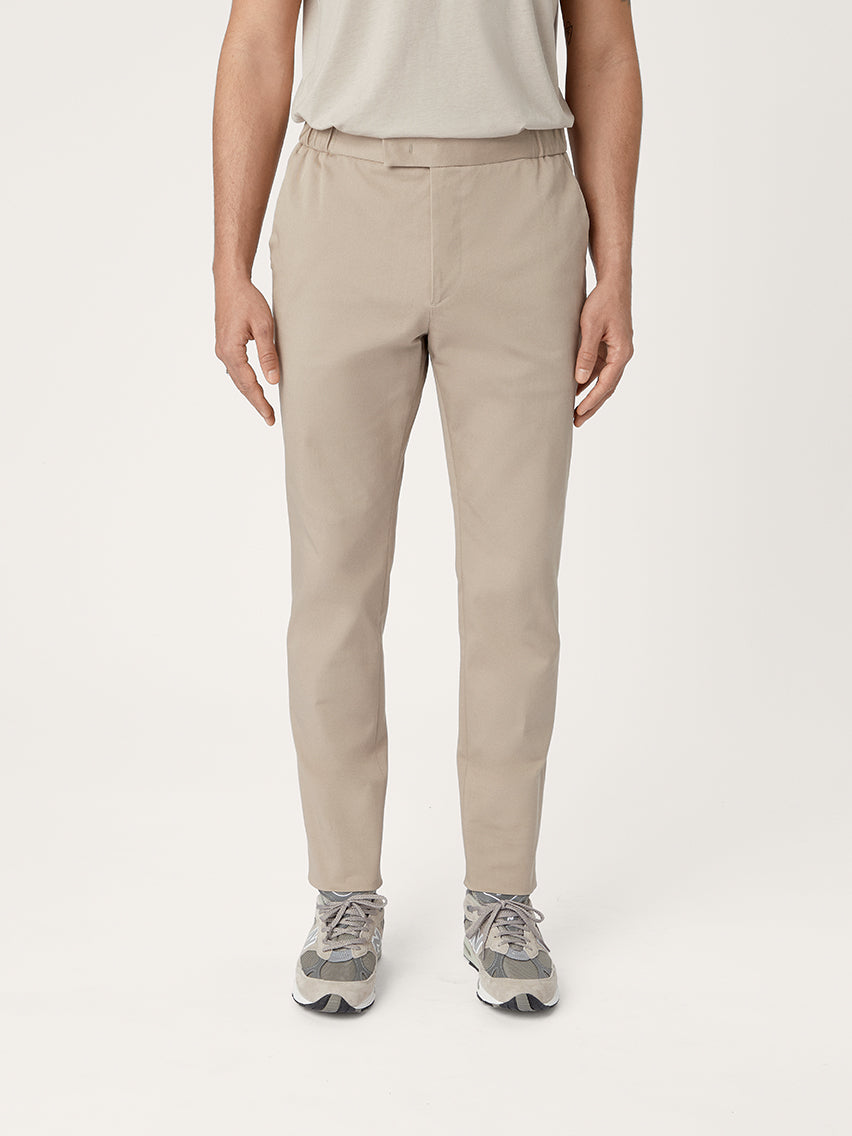LESTRANGE x Waterford 24 Overshirt
£149
£44.70
Color - Barley
Limited
Part of the LESTRANGE x Waterford Distillery limited-edition capsule, a collaboration with the world’s largest producer of biodynamic and organic whisky. Our 24 Overshirt is a hybrid staple between a lightweight jacket and a shirt. It's crafted in 100% regenerative cotton with a custom print lining inspired by Waterford’s Map of Provenance, from where the whisky’s barley is grown.
1% of all proceeds purchased from the collaboration will be donated to DIRT charity in support of regenerating soil through biodynamic farming.
LESTRANGE x Waterford Distillery purchases from the Coal Drops Yard store and UK online will include a 100ml sample bottle of Waterford's Gaia 2.1 whisky. Online purchases will be sent the sample separately. Recipients must confirm legal drinking age over 18 to receive.
Regenerating Earth

Build your modular wardrobe
Discover a versatile range of essentials for seamless and effortless dressing.

Innovation
Regeneratively farmed cotton
LESTRANGE made a massive commitment in 2023 and switched to regeneratively farmed cotton for our 24 Trousers and Overshirts. We partnered with Scheffer, one of Brazil's largest farms, that transitioned their entire cotton crop to regenerative practices certified under the RegenAgri standard. Scheffer practices zero-till and zero-irrigation planting, uses renewable energy, avoids synthetic pesticides, and preserves native vegetation on the estate. The result is that carbon is sequestered into the soil, rather than being released into the atmosphere.

Regenerative Cotton
Regenerative cotton farming methods focus on overall land management and are credited with improving soil health, sequestering carbon, increasing biodiversity, reducing flooding and improving the well being of the farmers, among other benefits. The methods employed are designed to work in harmony with the local environment and include practices such as zero tillage, precision planting, cover crops, natural irrigation and reduced or zero use of pesticides and fertlisers.
With regenerative farming, the outcomes are measured in order to confirm the benefits to the environment and adjusted on an ongoing basis to improve conditions and yield.
We believe that this is currently the best way to farm cotton and it is our overarching goal to move all our cotton to regenerative practices in the future.









.png?v=1682372283923&transform=resize-max=2500)














